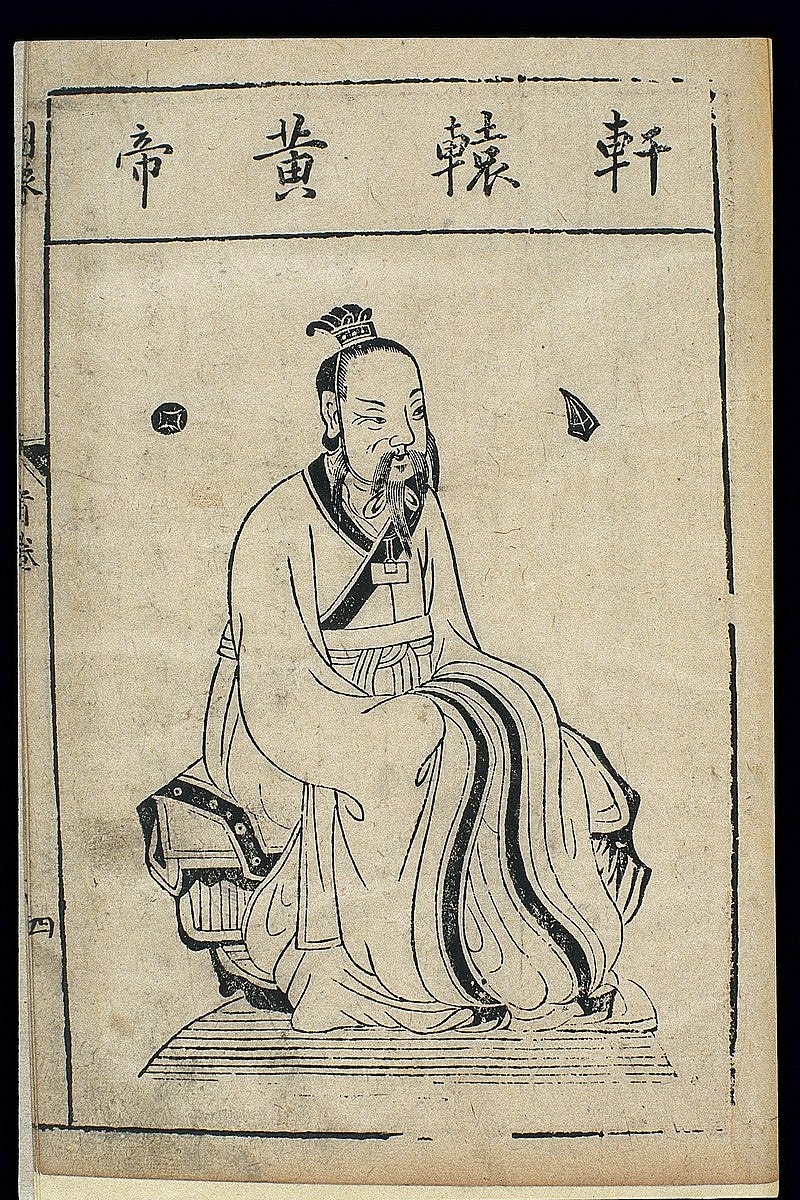THE MOST EXPLOSIVE ROYAL BOOKS IN HISTORY
Birds! Religion! Backstabbing! It isn't just the Windsors who could pen a royal bestseller - from Julius Caesar to Henry VIII, here are five of the best
Well, friends, I didn’t imagine I’d be sitting here writing about Prince Harry’s Big Book of Boo Hoo for a second Substack mail-out in a row, but you know what they say: when life gives you self-pitying, not awfully bright, Hollywood-gobbledegook-brainwashed plums, make plum-ade.
And since there is No Other News except extracts from the Book Of Revelations I’ve been thinking about the longer history of royals writing books. When we consider the annals of history, do we find other blue-bloods writing about falling on dog bowls? About getting really cross over whether or not they were allowed to grow a beard? About having a frostbitten penis during a state occasion?
Well, not quite. But here are five of my favourite royal books from back in the day.
Enjoy!
Executive summary
Mythical Chinese emperor invents medicine
Roman dictator bigs up self
Byzantine princess has daddy issues
German emperor likes birds
Tudor blow-hard drones on
Huangdi Neijing (aka The Esoteric Scripture of the Yellow Emperor)
If you had wanted to know how to treat a frostbitten Prince Albert during the Middle Ages, and you had happened to be in China, then your first stop would almost certainly have been the medical compendium known as the Huangdi Neijing. This foundational text in Chinese medicine was probably composed (or compiled) in the first century BC. Its name suggests it was authored by the ‘Yellow Emperor’ - a mythical god-emperor whose putative reign was in the third millennium BC.
Exactly who wrote the Huangdi Neijing is not an easy question to answer - it comprises two different texts, arranged as dialogues between the Yellow Emperor and his ministers. The editions that survive today (and which have been translated into English) are based on a revision of the material by the eighth-century AD scholar Wang Bing. But it retains a canonical status in Chinese medicine more than two thousand years on.
‘I was told off about my beard and that made me sad in my heart’ rating: 2/5
Keep reading with a 7-day free trial
Subscribe to History, Etc to keep reading this post and get 7 days of free access to the full post archives.




